 The original Napster service was launched by Shawn Fanning and Sean Parker on June 1, 1999. Had it not been sued into oblivion by the record labels, it would’ve celebrated its 26th anniversary last Sunday.
The original Napster service was launched by Shawn Fanning and Sean Parker on June 1, 1999. Had it not been sued into oblivion by the record labels, it would’ve celebrated its 26th anniversary last Sunday.
In reality, Napster didn’t live for very long at all. The service was shut down by court order in July 2001 and in this month 23 years ago, Napster Inc. filed for bankruptcy.
Napster Brand Lives On, Legally
For more than two decades, the Napster brand has lived on. The company’s assets were initially acquired by Roxio, which led to its PressPlay music service relaunching in 2003 with Napster branding. After a fresh start as a legal music store, Napster was later acquired by Best Buy. In 2011, streaming service Rhapsody became Napster’s new owner and a few years later, Rhapsody itself reappeared with Napster branding.
These changes in Napster’s ownership offer very little excitement, a sign perhaps that Napster’s pirate roots were ancient history. Yet, starting in early 2017, the RIAA began sending DMCA notices to Google containing requests to have Napster URLs deindexed from search results. In January 2022, that suddenly stopped, only to suddenly start back up again, exactly two years later.
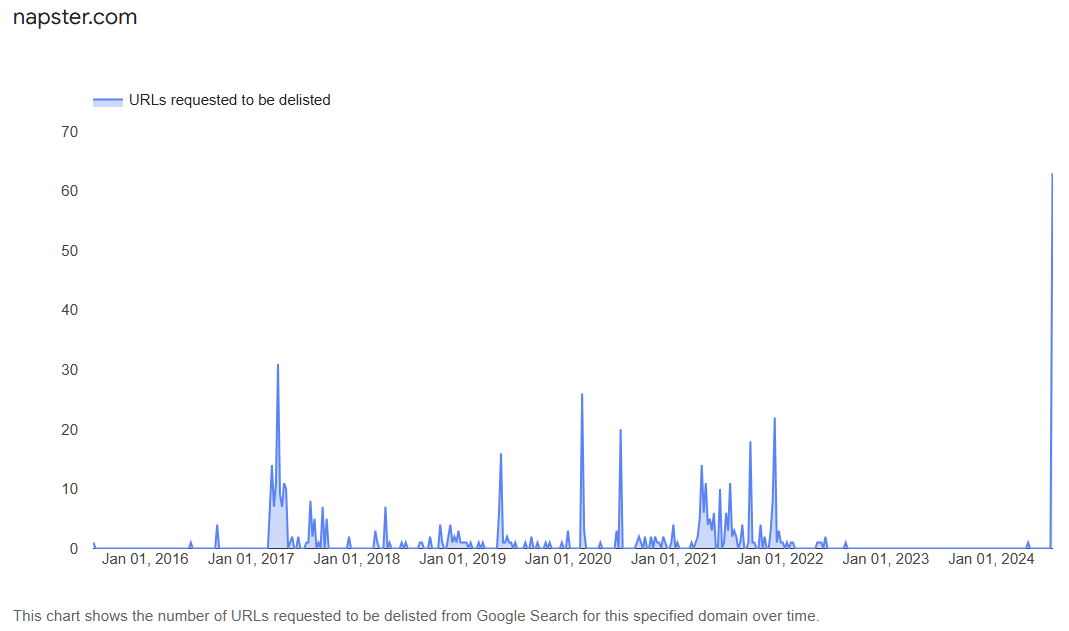
What exactly triggered these complaints is unknown but, earlier this year, a complaint filed in Italy went further still. Characterizing Napster as a platform of mass infringement, the complaint requested measures that would effectively prevent Napster from doing business anywhere in the country.
“Massive Copyright Violations”
The Italian Society of Authors and Publishers (SIAE) is one of the world’s largest collection societies. According to its website, it represents over 100K members, administers 62 million Italian and international works, and has “reciprocal representation agreements” with 184 authors’ societies around the world.
On March 24, 2025, SIAE filed a complaint with Italian telecoms regulator AGCOM, containing a long list of allegedly infringing URLs linking to songs by mainly local artists. The complaint described the list as an example of infringing content offered by Napster, so should not be considered exhaustive.
A sample of the allegedly infringing tracks (translated)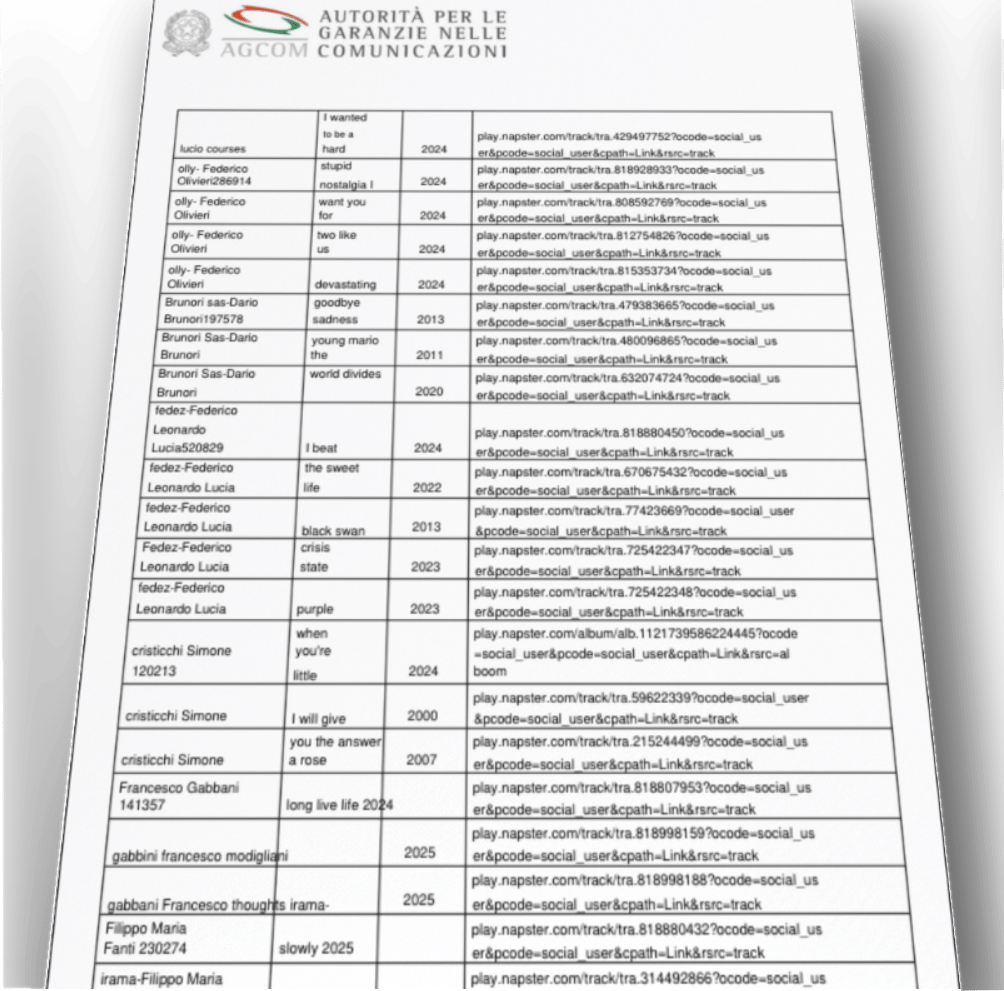
SIAE’s complaint noted that “the massive nature of the copyright violations” is highlighted when SIAE’s repertoire index is used as a reference.
Having confirmed that the content reported by SIAE was actually available on Napster.com, these alleged violations of copyright (Law 633/41 (pdf)) were sufficient for AGCOM and any linked bodies to examine the complaint more closely.
In this case and those similar, a step-by-step process resulting in an adverse decision usually leads to domains being blocked by ISPs nationwide. Pirate sites tackle blocking with new domains and other circumvention tactics. Legal streaming sites aren’t typically confronted with that kind of problem.
AGCOM Launches Investigation
Checks revealed that the domain Napster.com was registered at Cloudflare “on behalf of an unidentifiable customer” with hosting services for the platform also provided by Cloudflare.
A preliminary investigation carried out by the Directorate for Digital Services and Protection of Fundamental Rights confirmed the alleged violations, so the complaint wasn’t considered inadmissible or unfounded.
Since Napster’s servers were deemed to be located overseas, “personal communication” advising the start of a procedure against it was described as “overly burdonsome”.
Instead, a notification via AGCOM’s website and via email (most likely to Cloudflare) were considered sufficient. The communication raised the possibility of Napster “spontaneously complying” with SIAE’s requests, which usually means taking down the content in question.
No Defense by Napster, Disaster Looms
AGCOM reports that no counter-arguments were received in response to its notifications and the recorded music listed in the site blocking application remained accessible on the pages reported by SIAE. Of course, that’s potentially problematic in copyright cases generally, so when AGCOM found that under Italian law no exceptions applied to the content in question, its continued online presence was “believed to be unjustified.”
All of the above taken together, especially in light of the overseas servers, led to the conclusion that service providers could be instructed to block access to Napster in Italy, to prevent ongoing copyright infringement. Or rather, that’s typically what happens to pirate sites. Here, various factors took the matter in a different direction.
Before issuing a blocking order, AGCOM must consider adequacy, necessity, and proportionality; i.e whether the measure is suitable for the task in hand, is necessary or can the same effect be achieved by less restrictive means, and is a reasonable response under the circumstances.
Blocking Would Be Disproportionate
Based on the report of AGCOM commissioner Elisa Giomi, who happens to be an outspoken opponent of Italy’s Piracy Shield blocking system, AGCOM concluded that disabling access to the entire Napster website was not an option.
[T]he website http://napster.com/ reported by the applicant is a paid music streaming service which features a very high number of songs (110 million, as reported on the site’s homepage ) which are not limited exclusively to the sound works referred to [in the blocking application],” AGCOM’s decision reads.
“Considering that the violation ascertained concerns a limited number of works compared to the content of the reported site, the adoption of a measure to disable access to the entire website would be a disproportionate measure on the basis of the principles detailed above.”
The Right Decision But a Very Strange Case
In borderline cases, subjective assessments could go either way but, in this case, it’s obvious that AGCOM made the appropriate decision under the circumstances. However, there’s an unusual element to this blocking application that raises the question of why it even exists.
Under Italian copyright law, two entities are responsible for “preventing and ascertaining” certain violations within their competences. The first entity is telecoms regulator AGCOM, the second is the Italian Society of Authors and Publishers, the same entity listed as the applicant in the blocking case against Napster.
Even after a fleeting view of the paperwork, blocking was always the incorrect response in these circumstances. Miracles aside, the application was always likely to fail against a substantially non-infringing licensed music streaming service based in the United States, where a failure to license usually ends in a mauling from the major labels.
So, on the basis that AGCOM came to the same conclusion very easily, that raises a question;
Why did a public economic body founded 140+ years ago, with a key role in Italy’s Permanent Advisory Committee on Copyright, and recognized as the institution representing the interests of Italian authors, press ahead with a blocking application that had virtually no chance of success?
More fundamentally, success would’ve prevented the alleged infringement, but presumably would’ve denied the artists and companies behind Napster’s 110 million track library any opportunity to make money via that platform in the Italian market.
Any responses to our requests for comment will appear here in due course.
AGCOM’s decision, which denies the blocking request but refers the alleged violations of copyright to the judicial police, is available here (pdf)
From: TF, for the latest news on copyright battles, piracy and more.
From TorrentFreak via this RSS feed
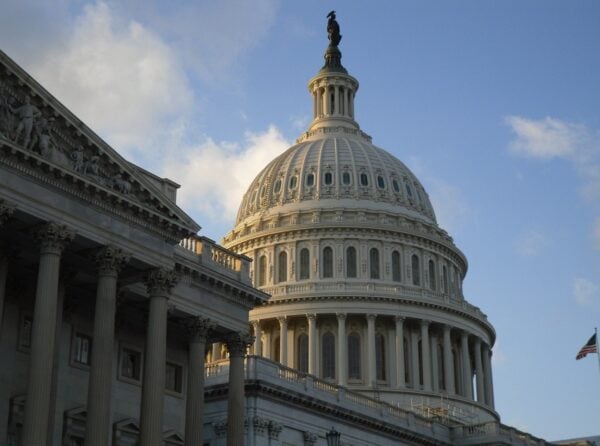 After a decade of focusing efforts overseas, the push for website blocking has landed back on American shores.
After a decade of focusing efforts overseas, the push for website blocking has landed back on American shores.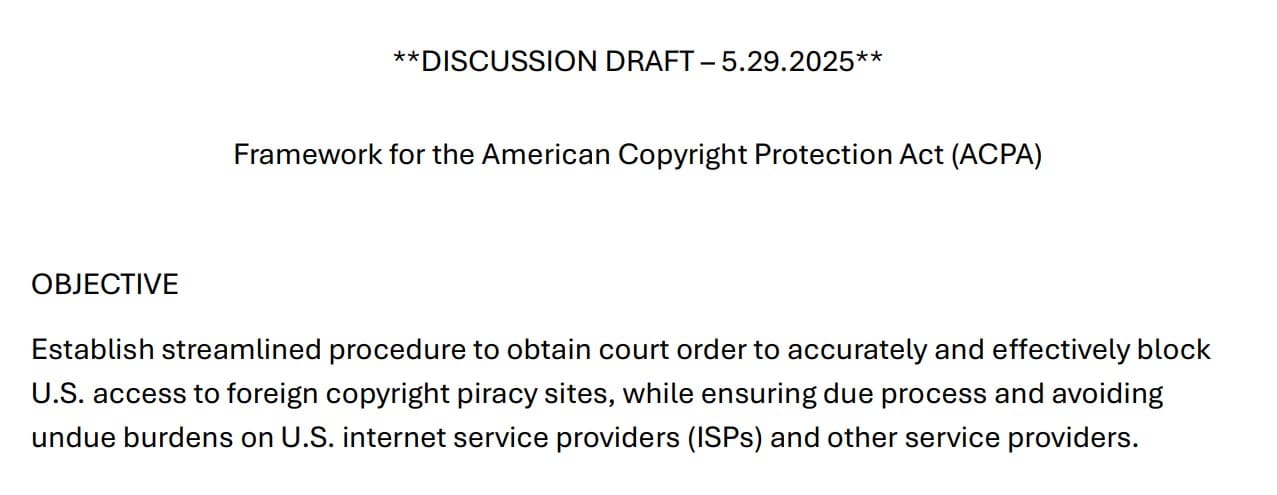




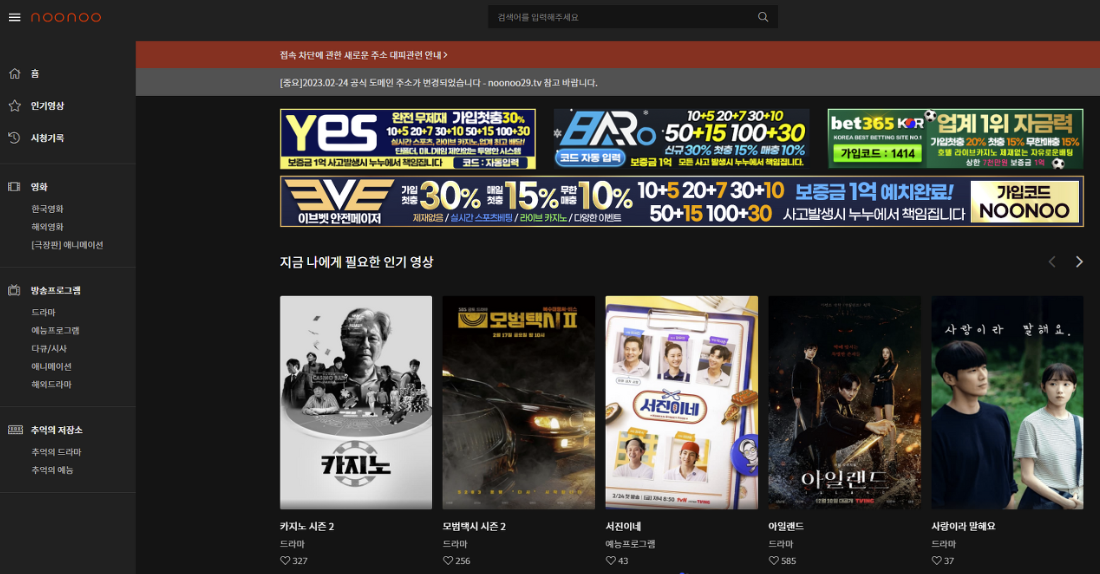
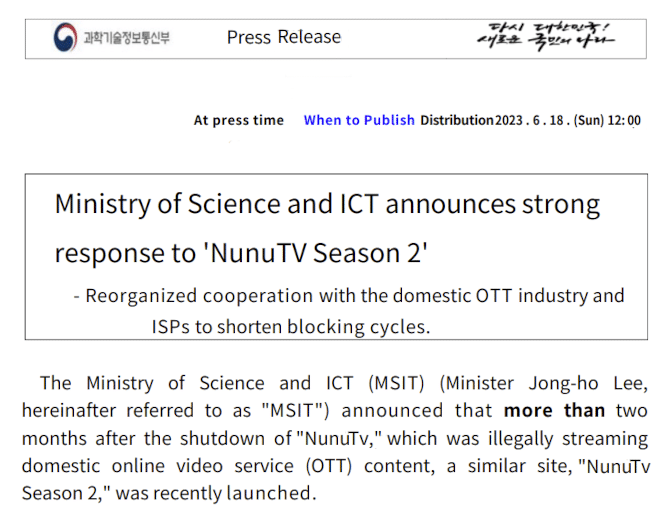




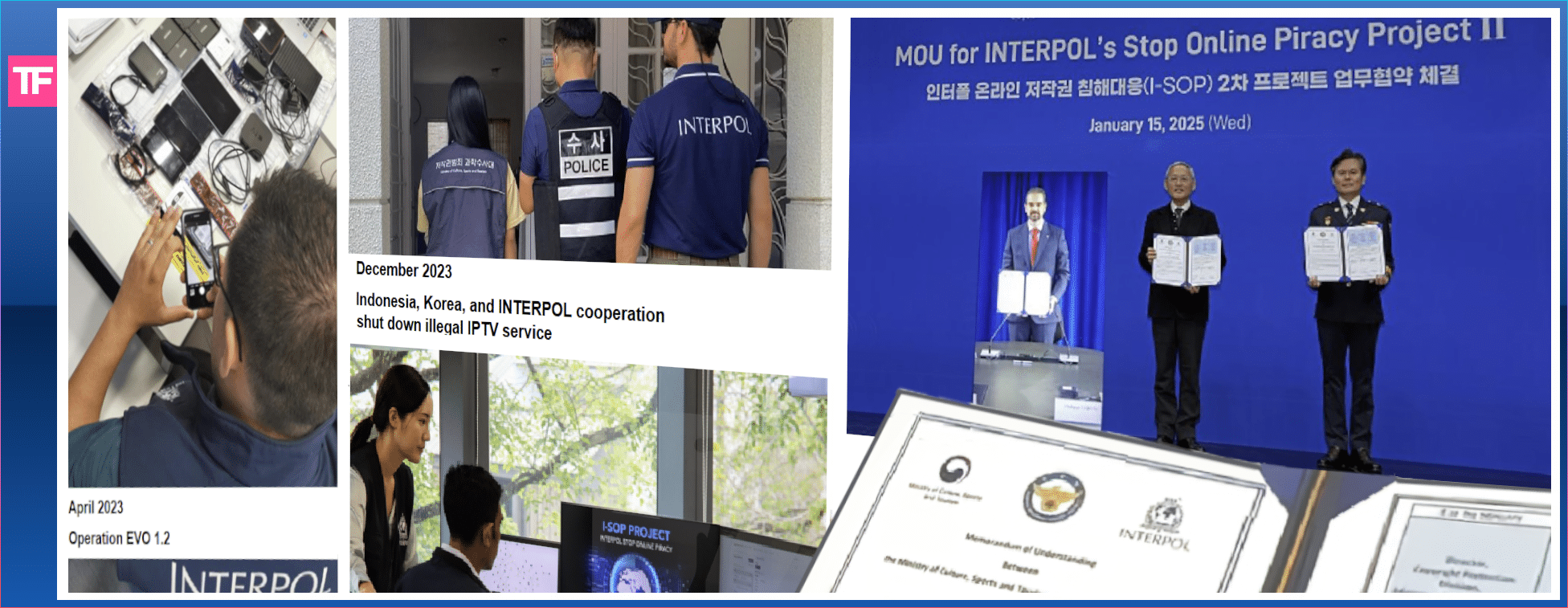
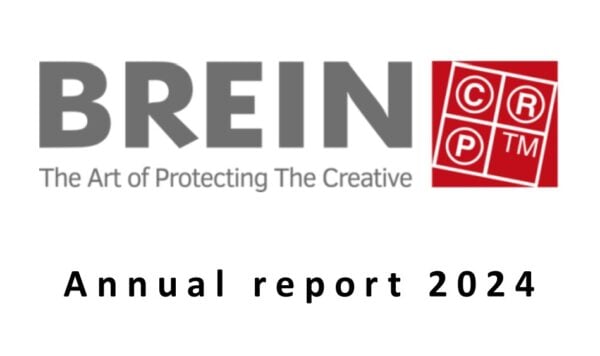 BREIN has just published its latest annual report, providing insights into the priorities of the organization and the progress being made.
BREIN has just published its latest annual report, providing insights into the priorities of the organization and the progress being made.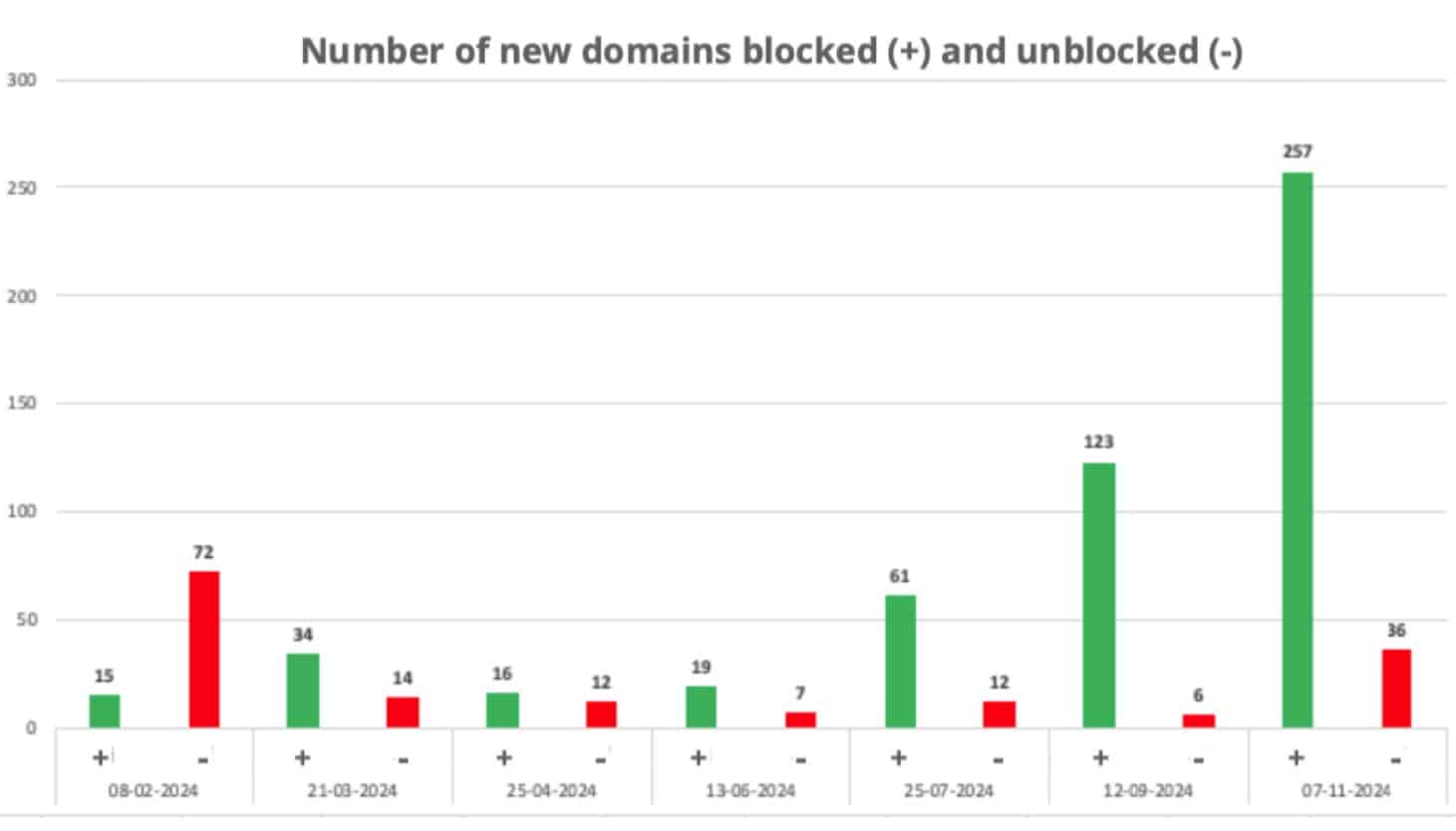
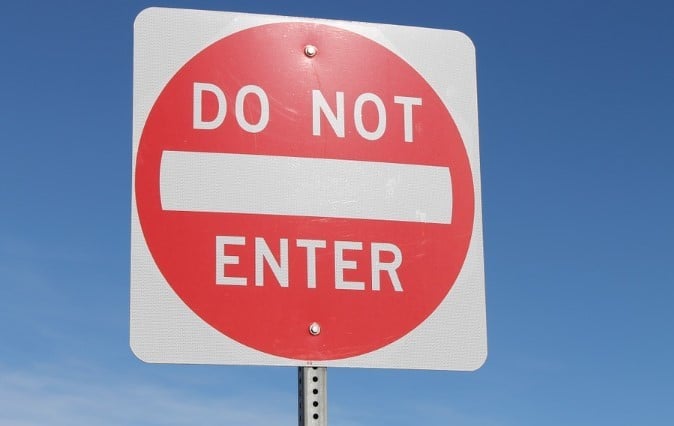 In recent years, the European Commission has proposed and adopted various legislative changes to help combat online piracy.
In recent years, the European Commission has proposed and adopted various legislative changes to help combat online piracy. If Hollywood studios, major record labels, broadcasters, and sports organizations stopped publishing their own piracy research, the scale of the phenomenon and potential solutions would likely be less clearly defined than they are today.
If Hollywood studios, major record labels, broadcasters, and sports organizations stopped publishing their own piracy research, the scale of the phenomenon and potential solutions would likely be less clearly defined than they are today.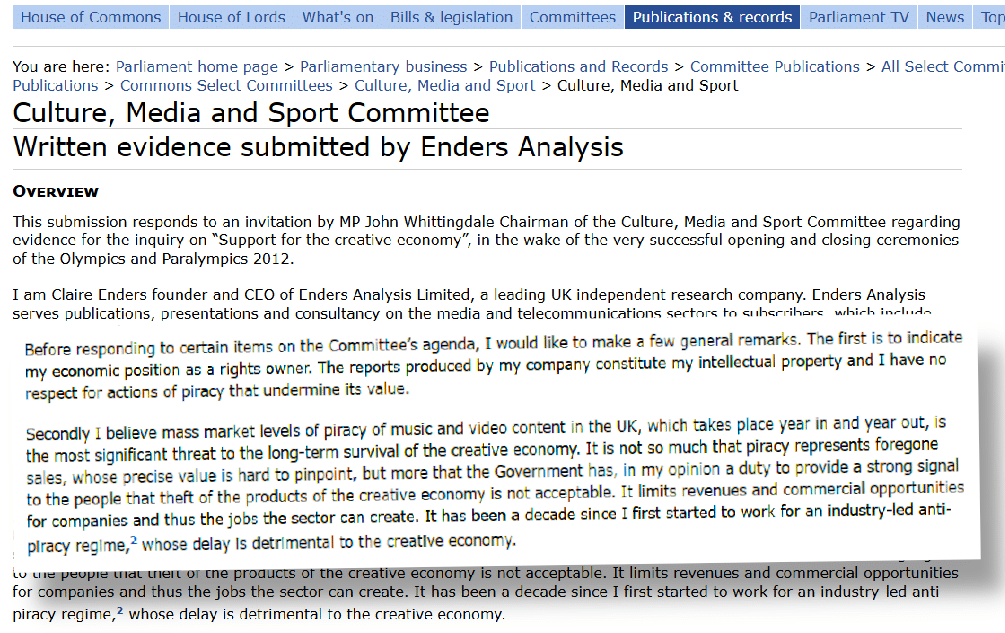
 In recent years, music and movie companies have filed several lawsuits against U.S. Internet providers, for failing to take action against pirating subscribers.
In recent years, music and movie companies have filed several lawsuits against U.S. Internet providers, for failing to take action against pirating subscribers.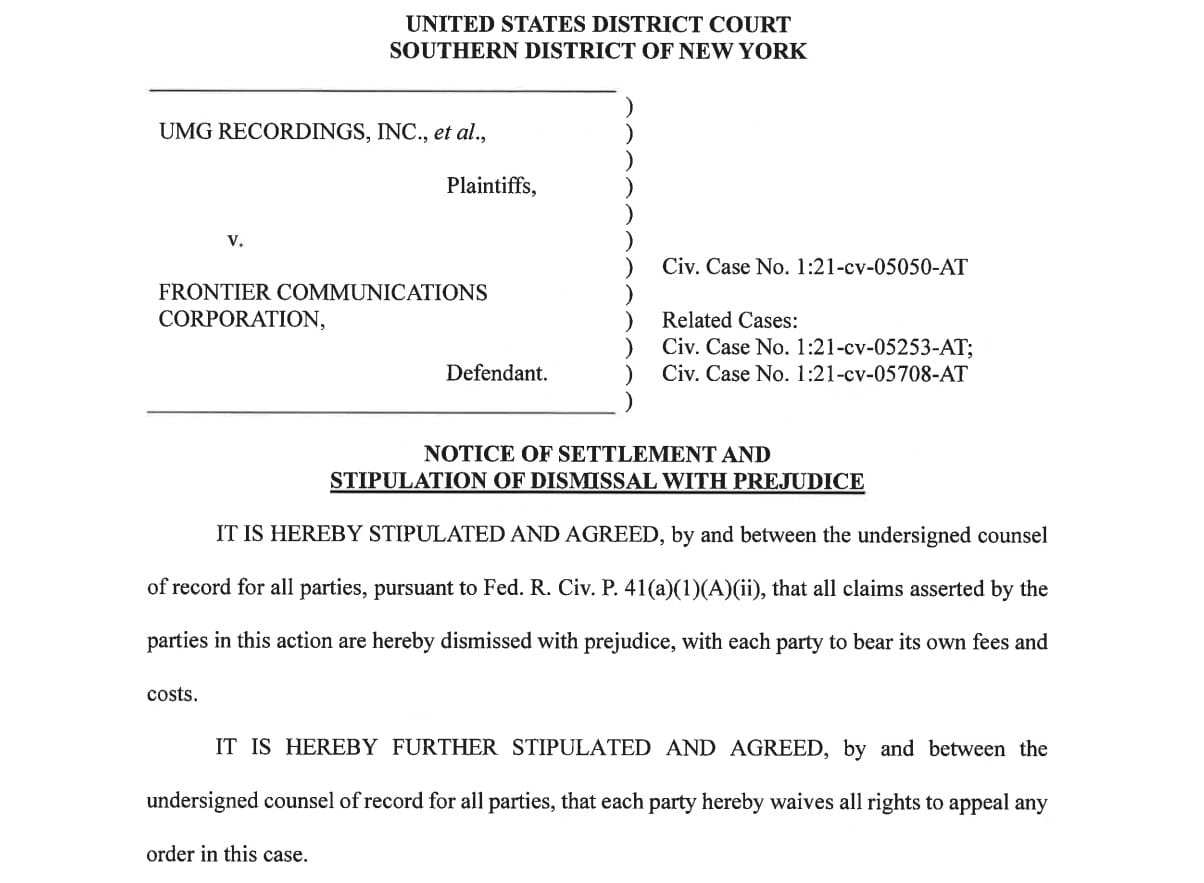
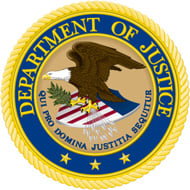
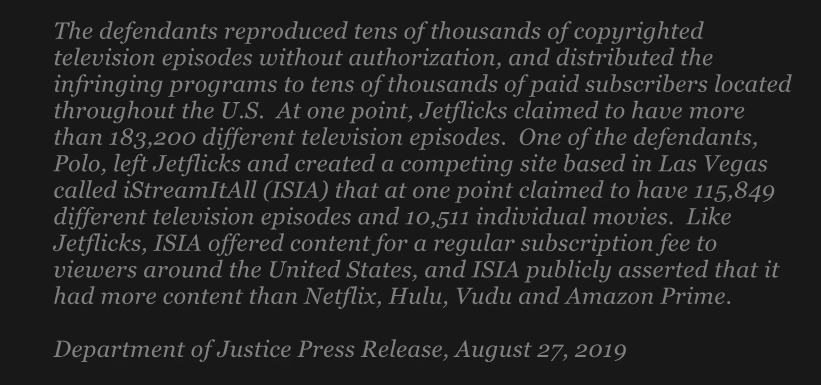

 Over the past few years, stream-ripping service Yout.com has fought legal battles on several continents.
Over the past few years, stream-ripping service Yout.com has fought legal battles on several continents.
 Three years ago, pirated Blu-ray copies of “Spider-Man: No Way Home”
Three years ago, pirated Blu-ray copies of “Spider-Man: No Way Home” 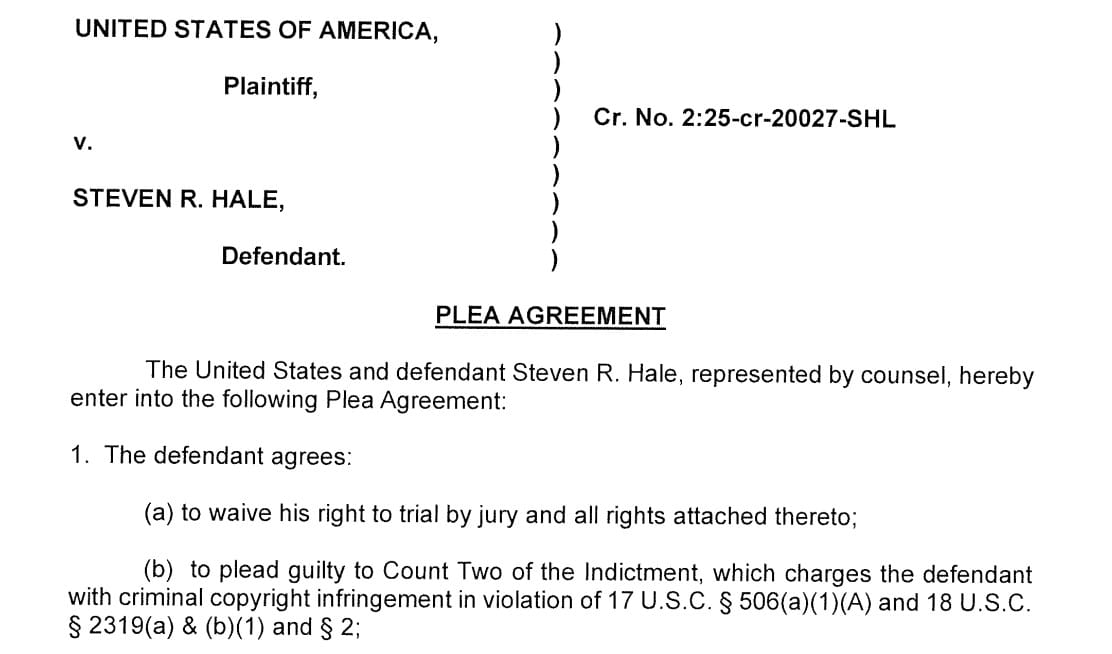
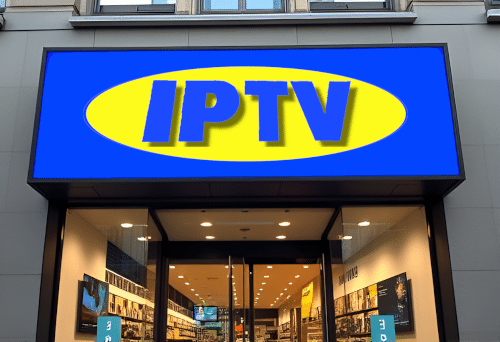 Describing Sweden as a country with a serious pirate IPTV problem is technically accurate, but lacking in all-important context.
Describing Sweden as a country with a serious pirate IPTV problem is technically accurate, but lacking in all-important context.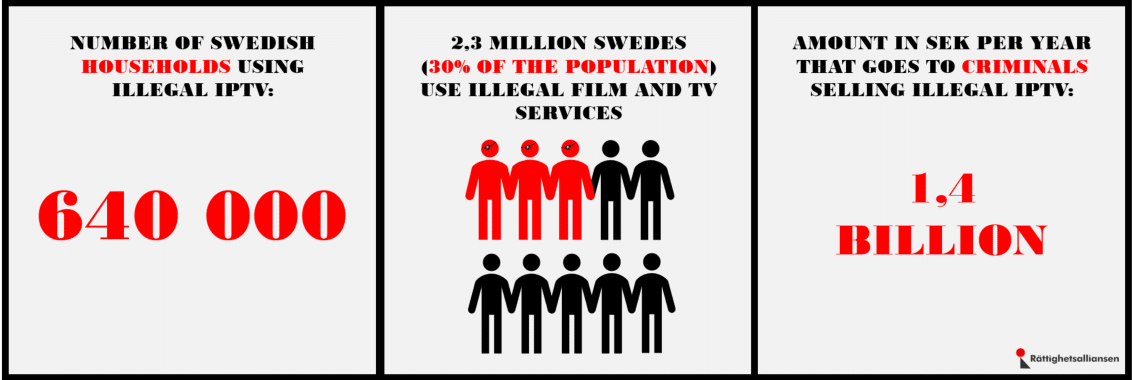
 In 2019, Internet provider Cox Communications lost its legal battle against a group of dozens of record labels, including Sony and Universal.
In 2019, Internet provider Cox Communications lost its legal battle against a group of dozens of record labels, including Sony and Universal.

 When rightsholders, broadcasters, and ISPs have a shared interest in the success of a multi-billion euro broadcasting rights deal, there’s no dispute over the need for a blocking order.
When rightsholders, broadcasters, and ISPs have a shared interest in the success of a multi-billion euro broadcasting rights deal, there’s no dispute over the need for a blocking order. Last September,
Last September, 
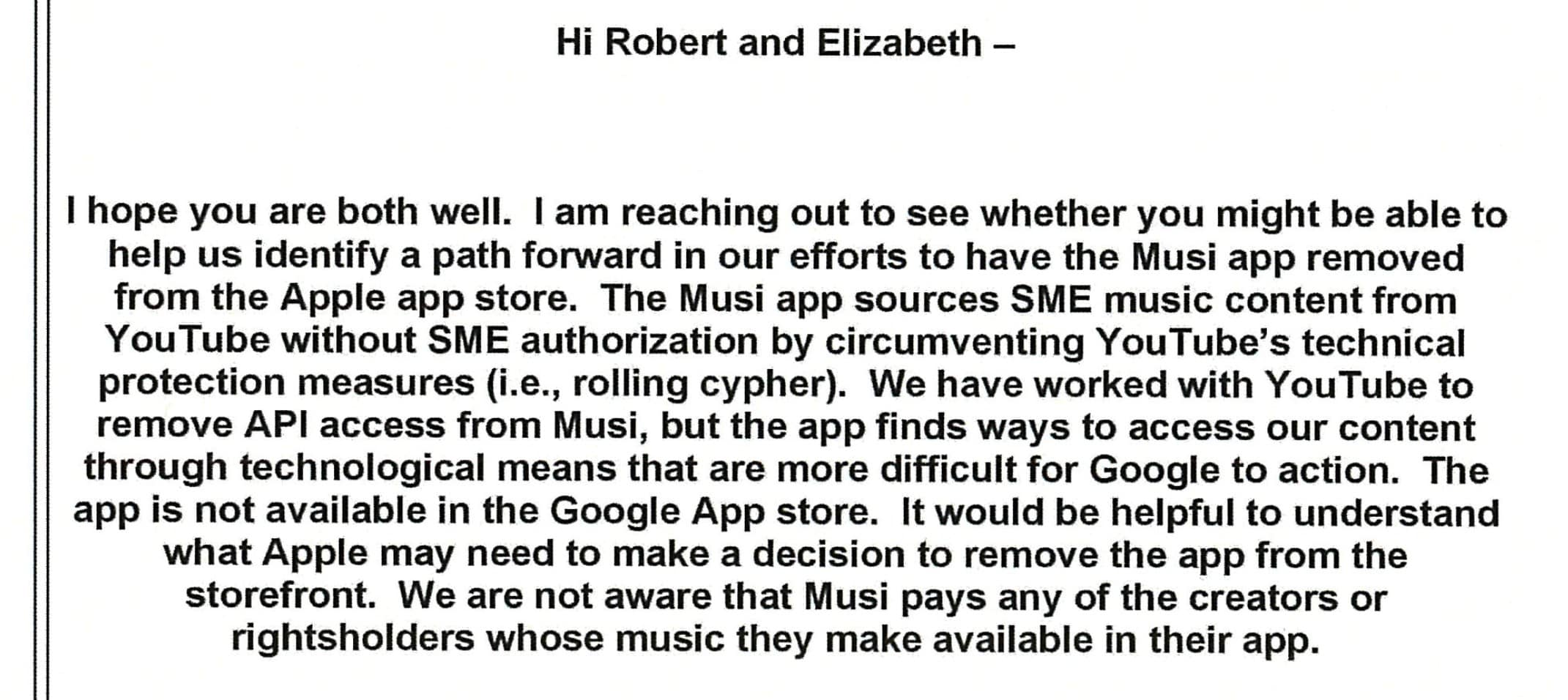
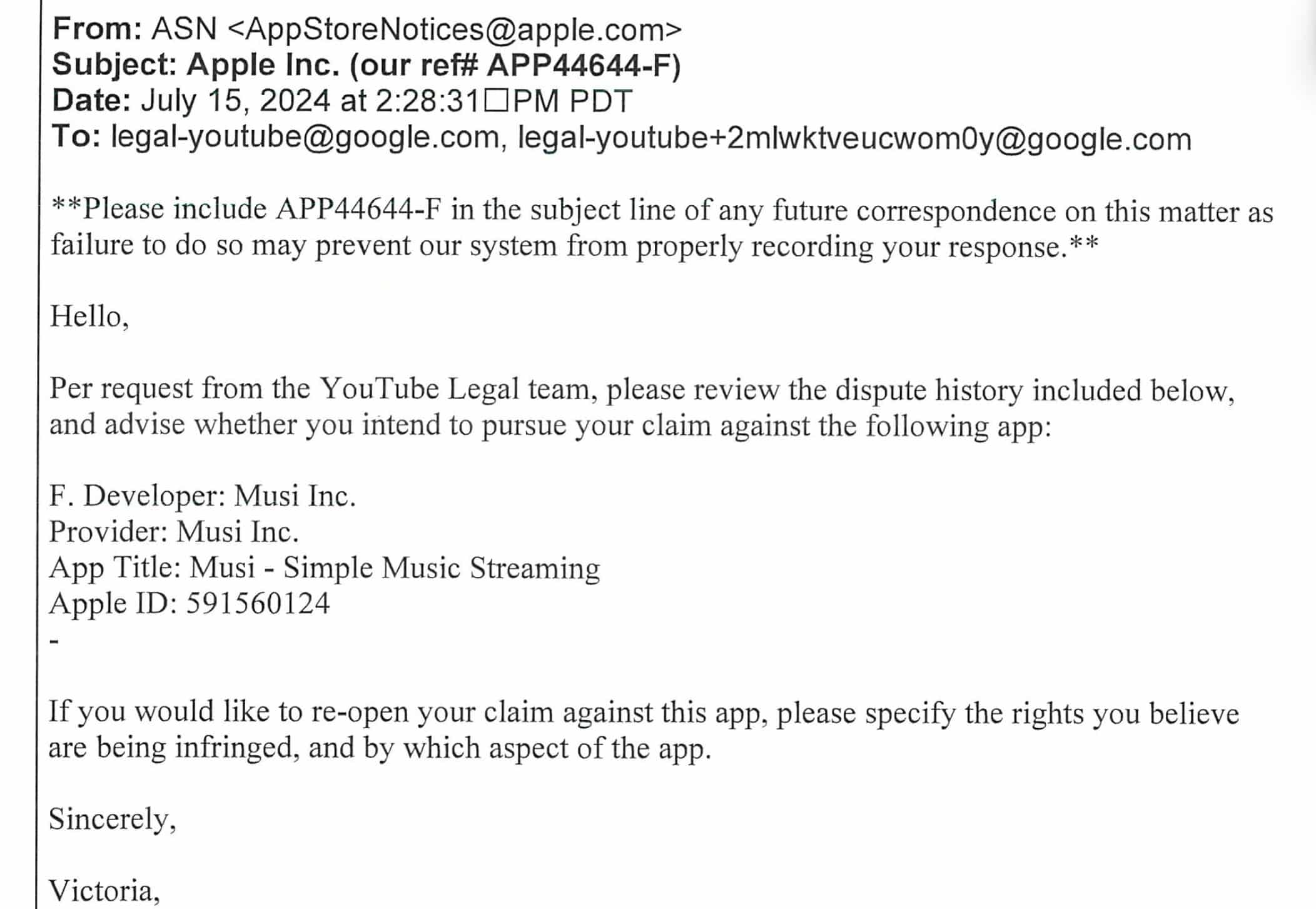

 Portugal now has a decade of experience with pirate site blocking measures, which were made possible through a voluntary agreement
Portugal now has a decade of experience with pirate site blocking measures, which were made possible through a voluntary agreement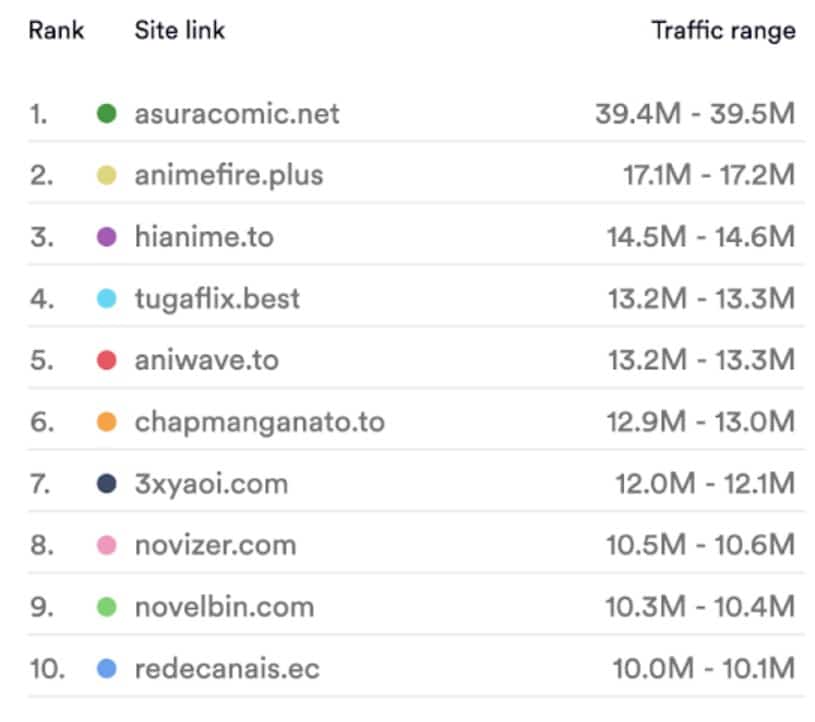
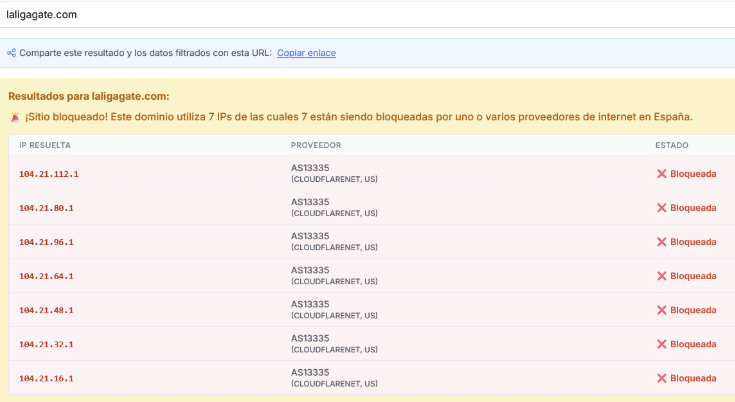
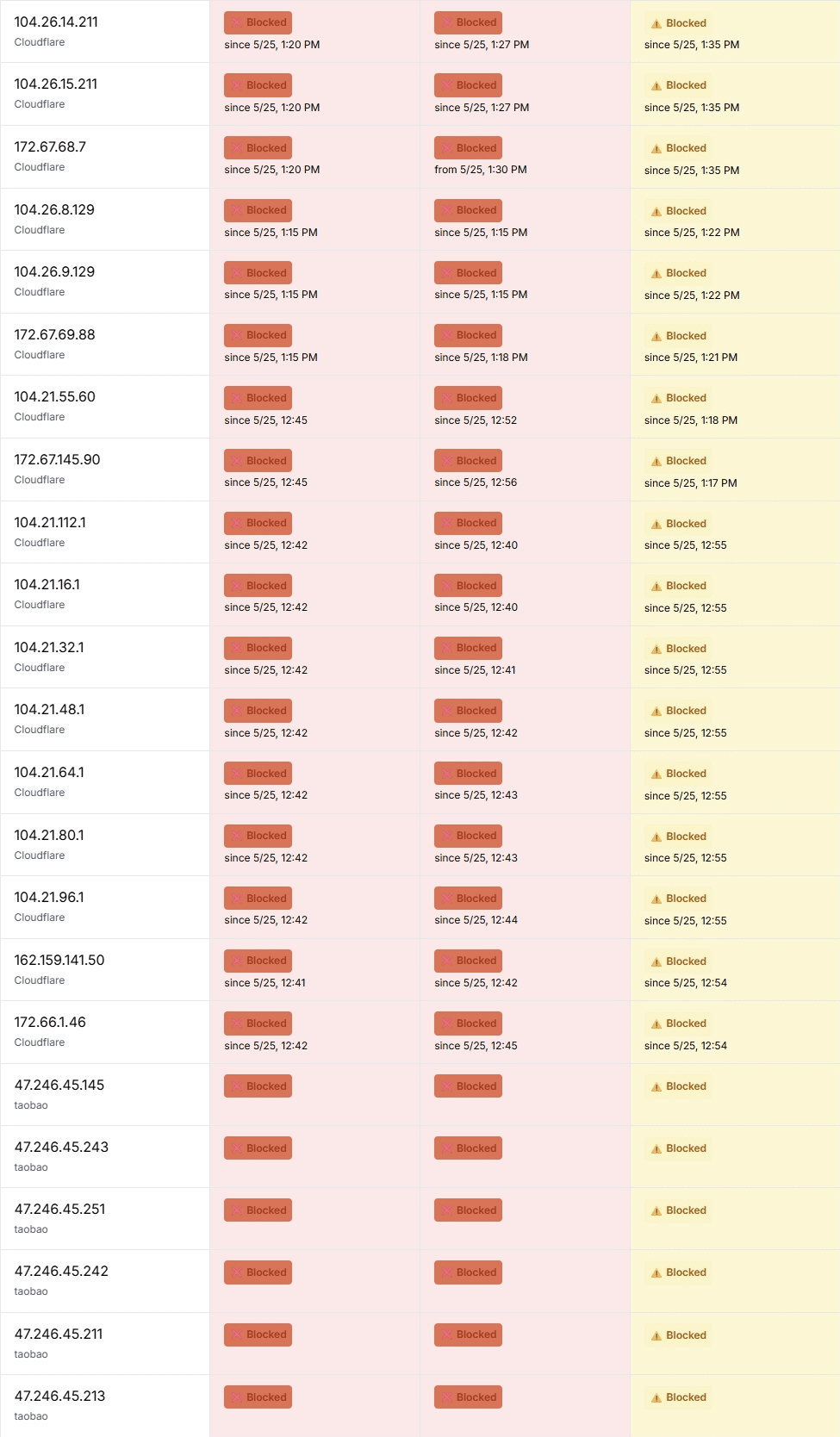
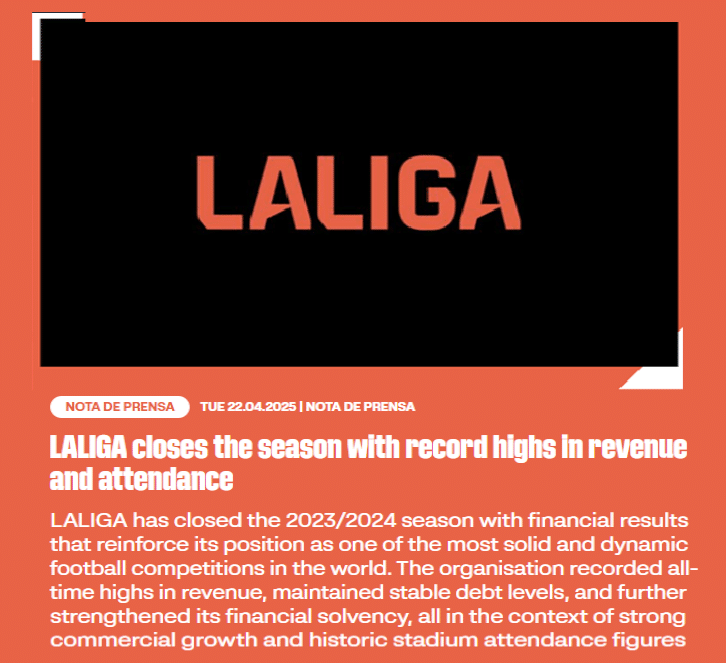
 If it was possible to strip away the roles and behaviors that inevitably lead to head-on clashes, in some cases pirates and piracy fighters might find ways to get along. In some cases they may love the same things.
If it was possible to strip away the roles and behaviors that inevitably lead to head-on clashes, in some cases pirates and piracy fighters might find ways to get along. In some cases they may love the same things.

 The theory that raising awareness of piracy discourages illegal consumption, is being tested in several ongoing campaigns. Spreading the message that piracy hurts everyone involved in creating webtoons, is one of P.CoK’s responsibilities.
The theory that raising awareness of piracy discourages illegal consumption, is being tested in several ongoing campaigns. Spreading the message that piracy hurts everyone involved in creating webtoons, is one of P.CoK’s responsibilities.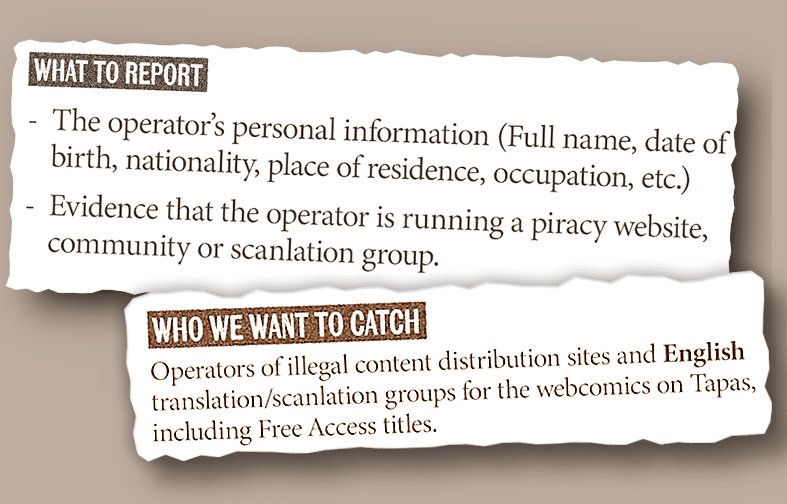




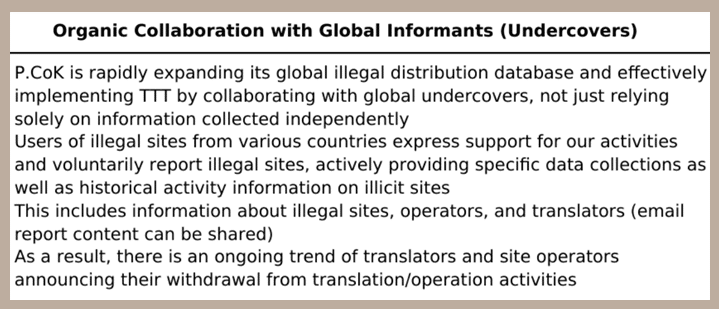
 Praised by major rightsholders as progress in the fight against piracy, Italy’s Piracy Shield system made headlines for all the wrong reasons.
Praised by major rightsholders as progress in the fight against piracy, Italy’s Piracy Shield system made headlines for all the wrong reasons.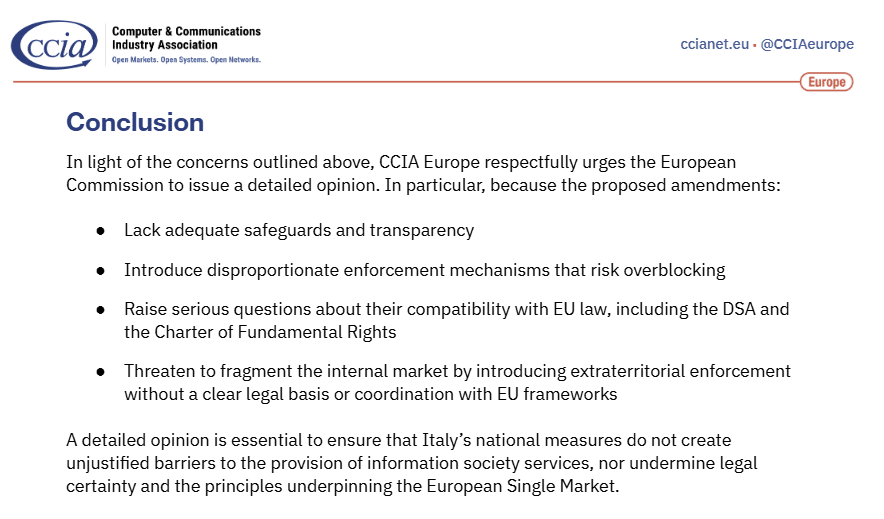
 Over the past two decades, online piracy has proven to be a massive headache for the entertainment industries.
Over the past two decades, online piracy has proven to be a massive headache for the entertainment industries.
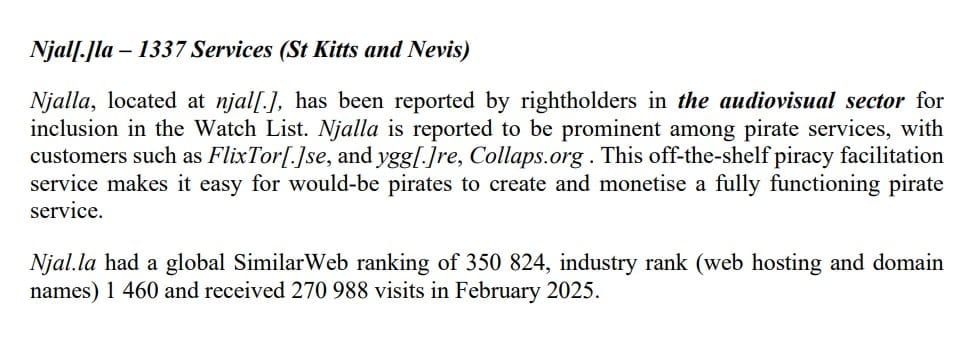
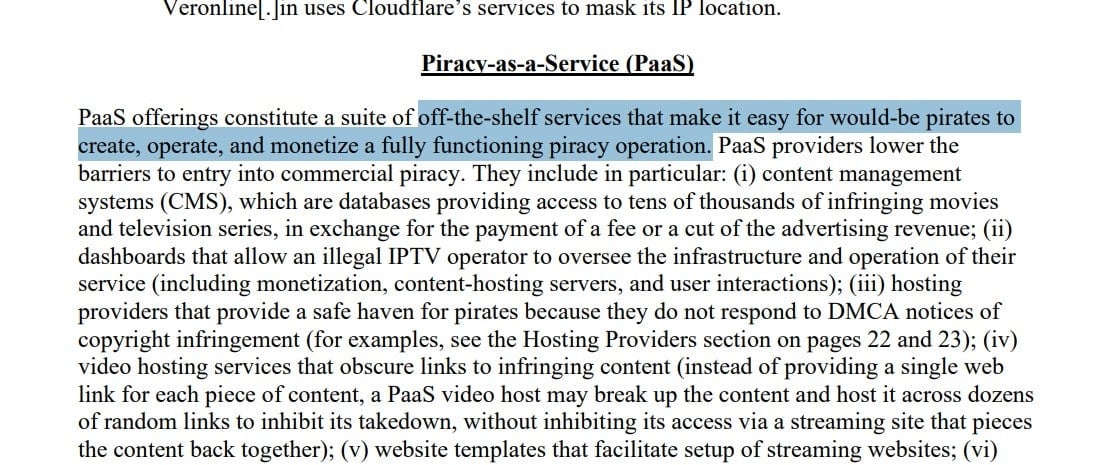
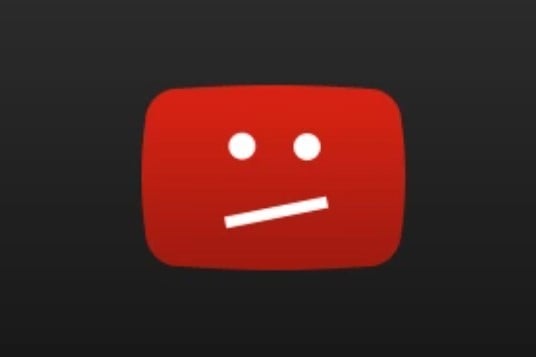 To protect copyright holders, YouTube regularly removes, disables, or demonetizes videos that contain allegedly infringing content.
To protect copyright holders, YouTube regularly removes, disables, or demonetizes videos that contain allegedly infringing content.
 Around 15 years ago, the French government launched an expansive monitoring and enforcement system to fight online piracy.
Around 15 years ago, the French government launched an expansive monitoring and enforcement system to fight online piracy. Arcom reports that 2,028 live streaming domains were blocked in 2024, compared to 1,769 IPTV domains. For context, just 77 IPTV domains were blocked in 2023.
Arcom reports that 2,028 live streaming domains were blocked in 2024, compared to 1,769 IPTV domains. For context, just 77 IPTV domains were blocked in 2023.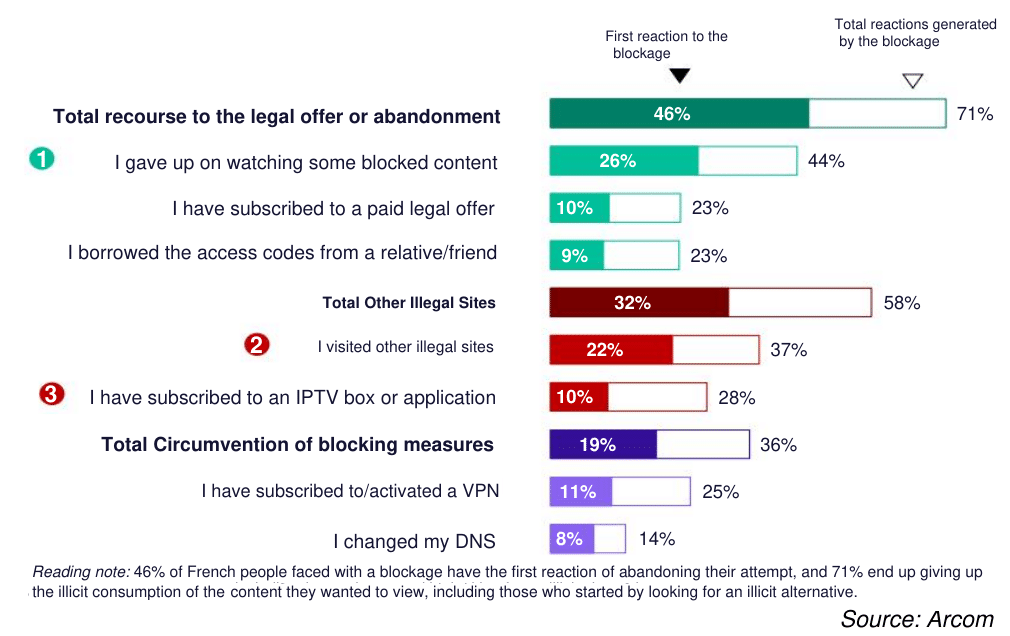


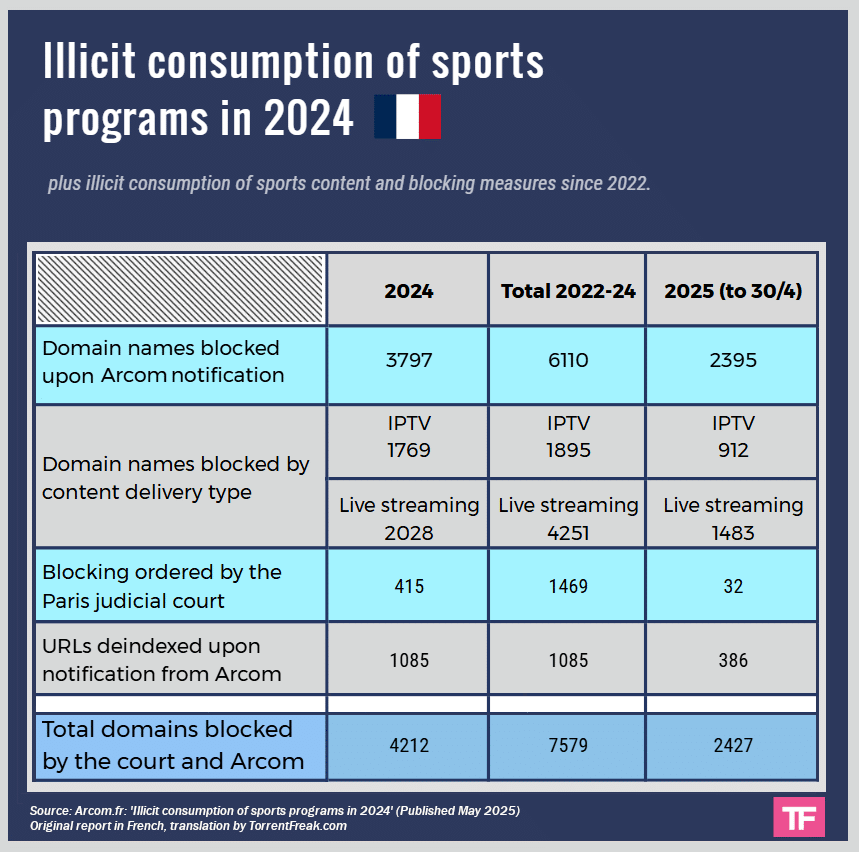
 Torrent site uploaders come in various shapes and sizes. Only a few become so popular that their ‘brand’ is widely recognized by online pirates.
Torrent site uploaders come in various shapes and sizes. Only a few become so popular that their ‘brand’ is widely recognized by online pirates.
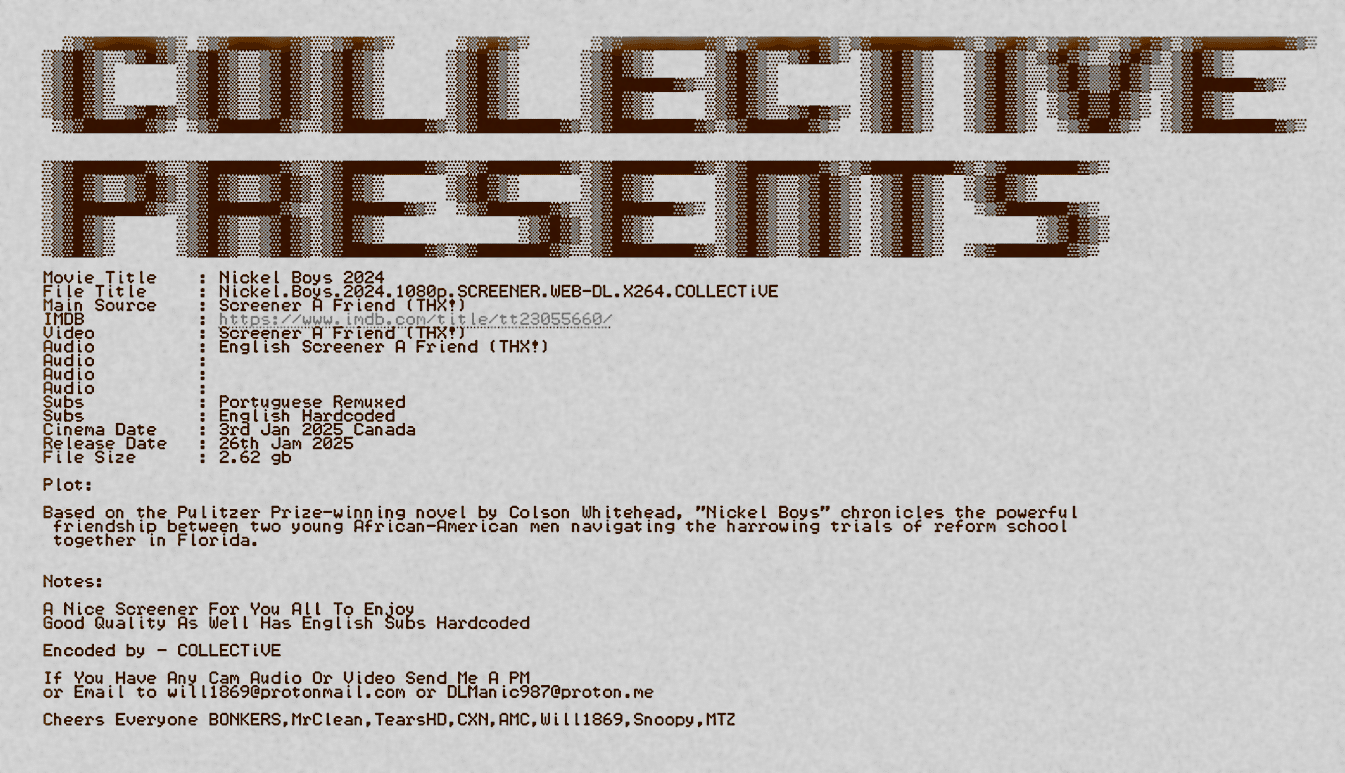
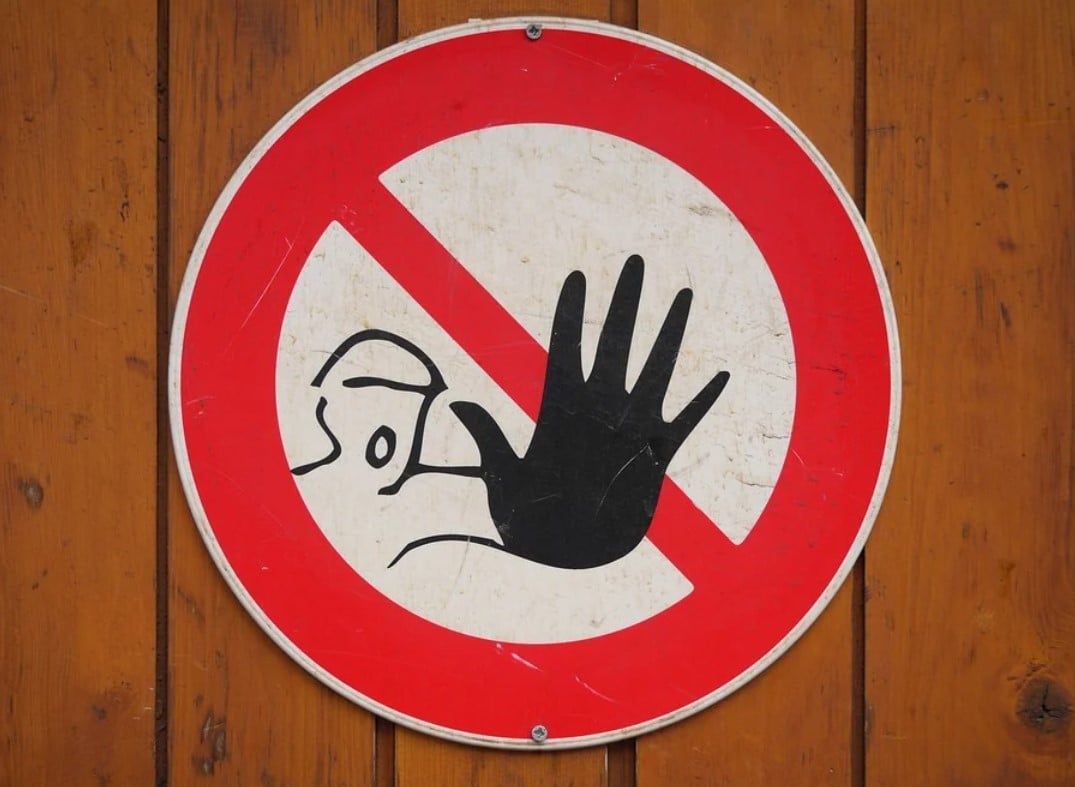 After a decade of focusing on efforts overseas, the push for website blocking has landed back on American shores.
After a decade of focusing on efforts overseas, the push for website blocking has landed back on American shores.
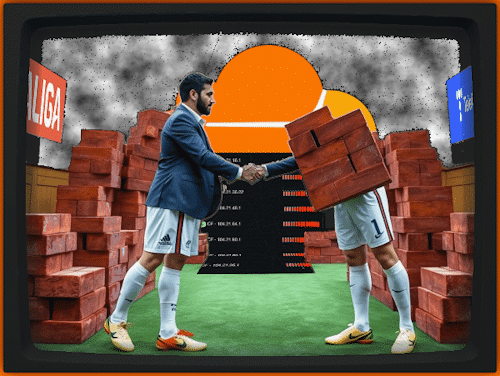 Rampant piracy of live sporting events has been a hot topic in Europe for several years. Anti-piracy measures against relatively static targets have their place but preventing access to pirated live streams is much more difficult.
Rampant piracy of live sporting events has been a hot topic in Europe for several years. Anti-piracy measures against relatively static targets have their place but preventing access to pirated live streams is much more difficult.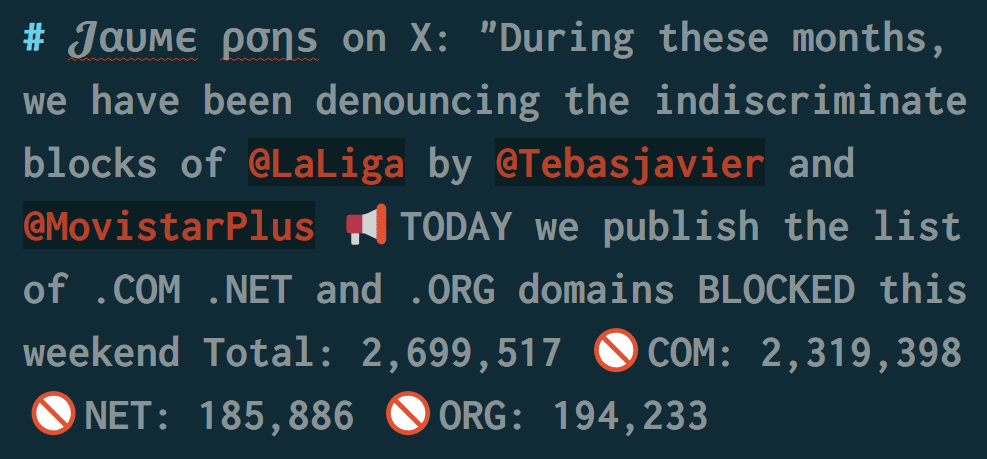
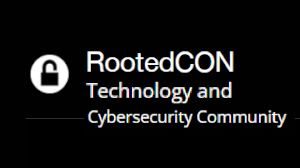 Despite the serious nature of the ongoing controversy, until now it has generally lacked a political dimension.
Despite the serious nature of the ongoing controversy, until now it has generally lacked a political dimension.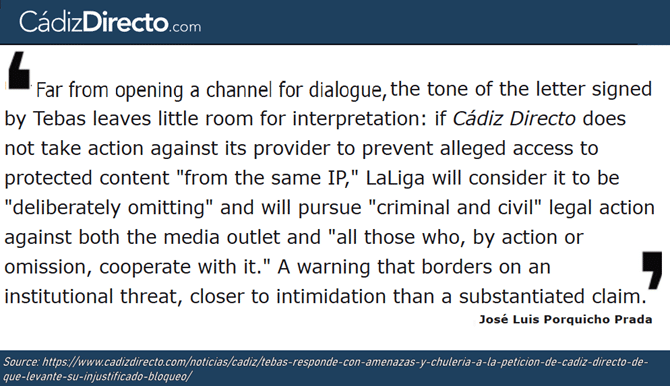
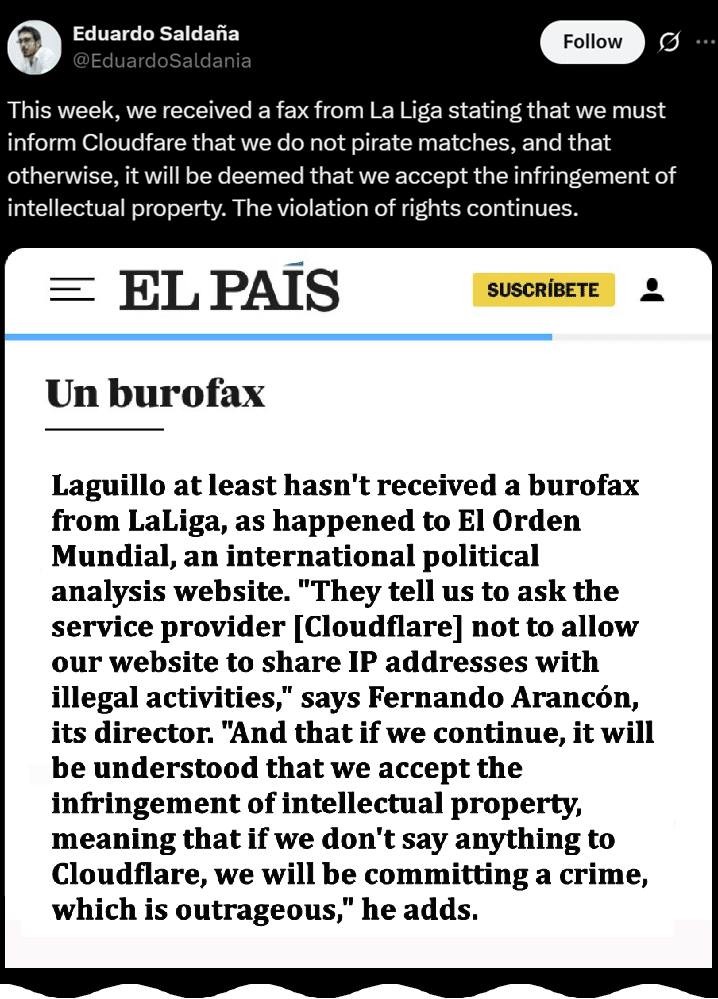
 The
The 
